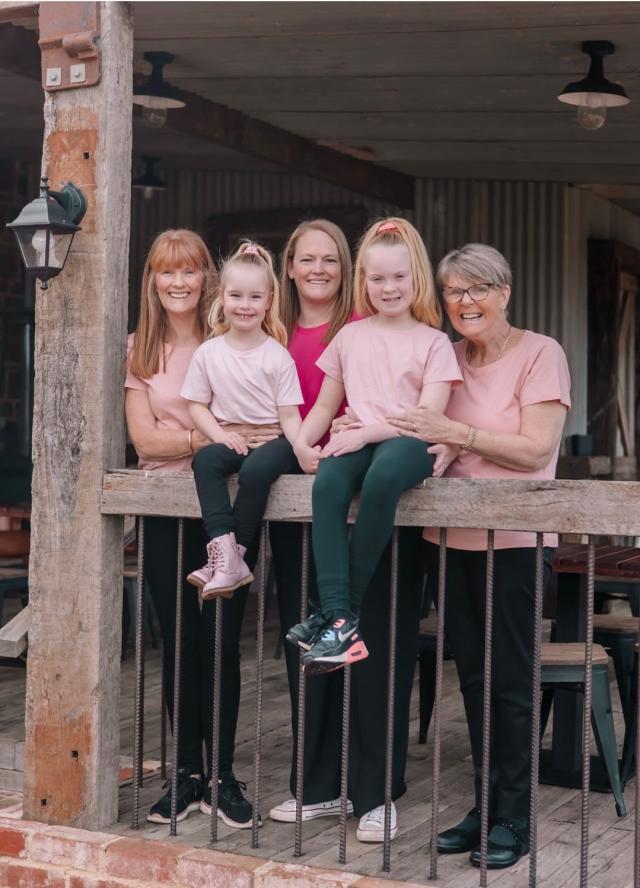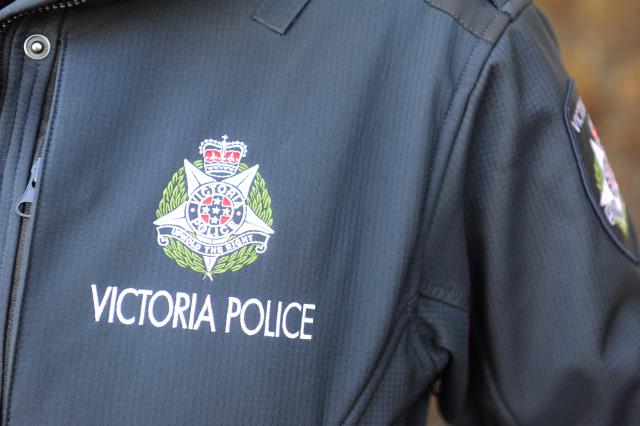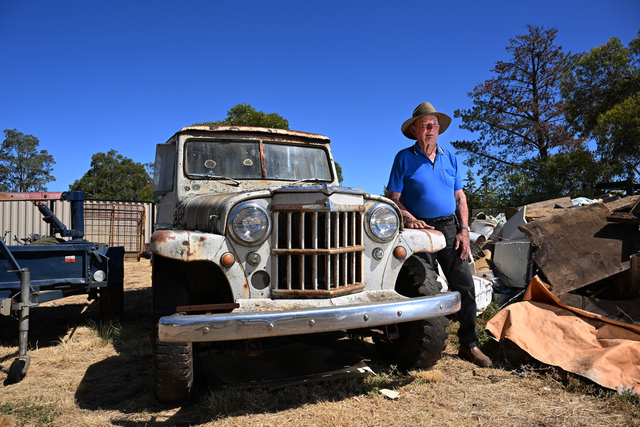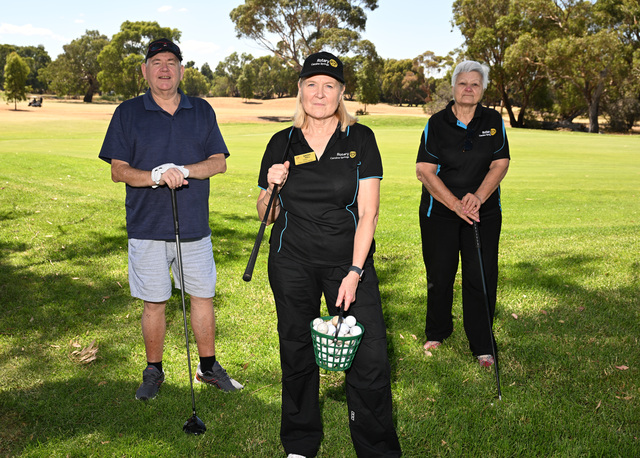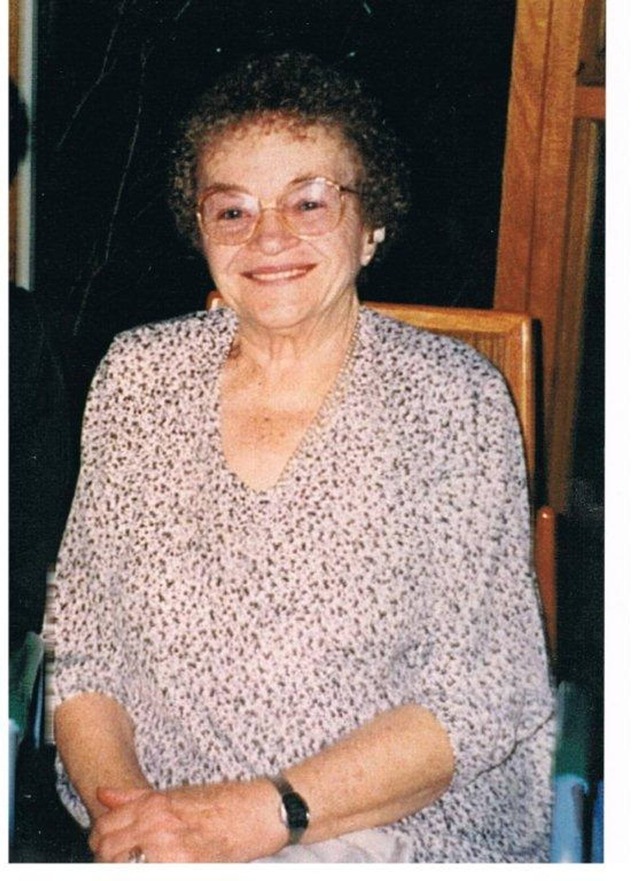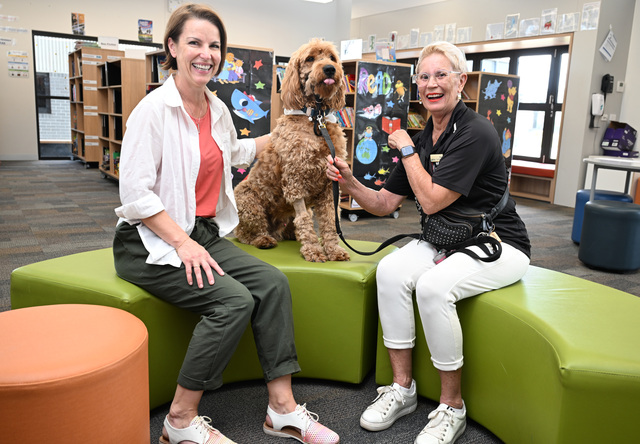For Bacchus Marsh mum Rochelle McKenry, ovarian cancer is a deeply personal topic that reaches deep into her family history, but a new blood test currently in development may change the way she looks at the illness.
Ms McKenry’s family are five-generation BRCA2 carriers, a gene mutation that puts carriers at increased risk of developing certain hereditary cancers including breast, prostate and ovarian cancers.
Ovarian cancer is the most lethal of all cancers affecting women in Australia, and a silent killer.
The current five year survival rate is 49 per cent and this has not changed substantively in 50 years, according to the Hudson Institute of Medical Research (HIMR).
Currently, there is no accurate and reliable detection test for ovarian cancer.
Invasive surgery to remove the ovaries remains the only way to definitively diagnose the presence of malignant disease.
Ms McKenry lost her great grandmother to ovarian cancer, and upon learning they were BRCA2 positive, her mother and aunty made the choice to undergo risk management surgery.
Ms McKenry is also due to undergo the surgery in September, saying she weighed the decision over two years.
“I didn’t want someone telling me that I needed to get rid of parts of my body to live a longer life,” she said.
“I’d only just had my second daughter and it was a confronting time.”
In the near future, a new blood test may be available to improve ovarian cancer diagnosis, with the potential to reduce unnecessary surgery.
HIMR, funded by the Ovarian Cancer Research Foundation (OCRF), has developed a new diagnostic test for ovarian cancer which, pending regulatory approval, may be available for triage use by 2025.
The blood tests will be underpinned by a patented novel biomarker, CXCL10, which is produced early and at high levels by ovarian cancers, but not in non-malignant disease.
CLEO Diagnostics lead medical advisor Professor Tom Jobling said this new test will help ensure that an optimal management plan can be put in place early, which will streamline the referral process and provide the best care for patients.
“This also extends to patients with benign conditions, where early identification will permit direction to more appropriate use of resources,” he said.
The blood test is now being commercialised by ASX-bound Australian company Cleo Diagnostics Ltd, and HIMR chief executive Professor Elizabeth Hartland said Hudson Institute is delighted to be partnering with Cleo Diagnostics to take work on ovarian cancer one step closer to delivering a much-needed diagnostic test.
Ms Mckenry said a diagnostic test would be brilliant.
“The prevention of unnecessary risk management surgery is amazing,” she said
“Going through that change early in life is hard… yes you’re removing the risk but to have this choice through this blood test, it’s a major breakthrough.
“If this was available to us earlier, I wouldn’t have had to go through two years of trying to come to terms with the reality of taking away my body parts, it’s an emotional rollercoaster.”
Ms McKenry said the test has the potential to be important for her children when they grow older.
“Our children legally can’t test for this gene until they’re of age… For them, I hope that this gene won’t change their life,” she said.
“I hope they will live a long and prosperous life, life is filled with worries but that shouldn’t be one of them.
“The world of BRCA2 is changing, people, the government, and the health system are becoming more aware. I hope that by the time [they’re older they’ll have] tests like this blood test, and I hope they will have something like this for breast cancer as well.”


